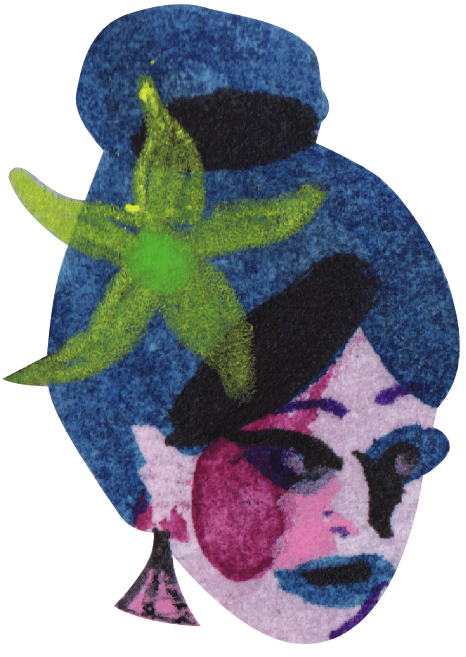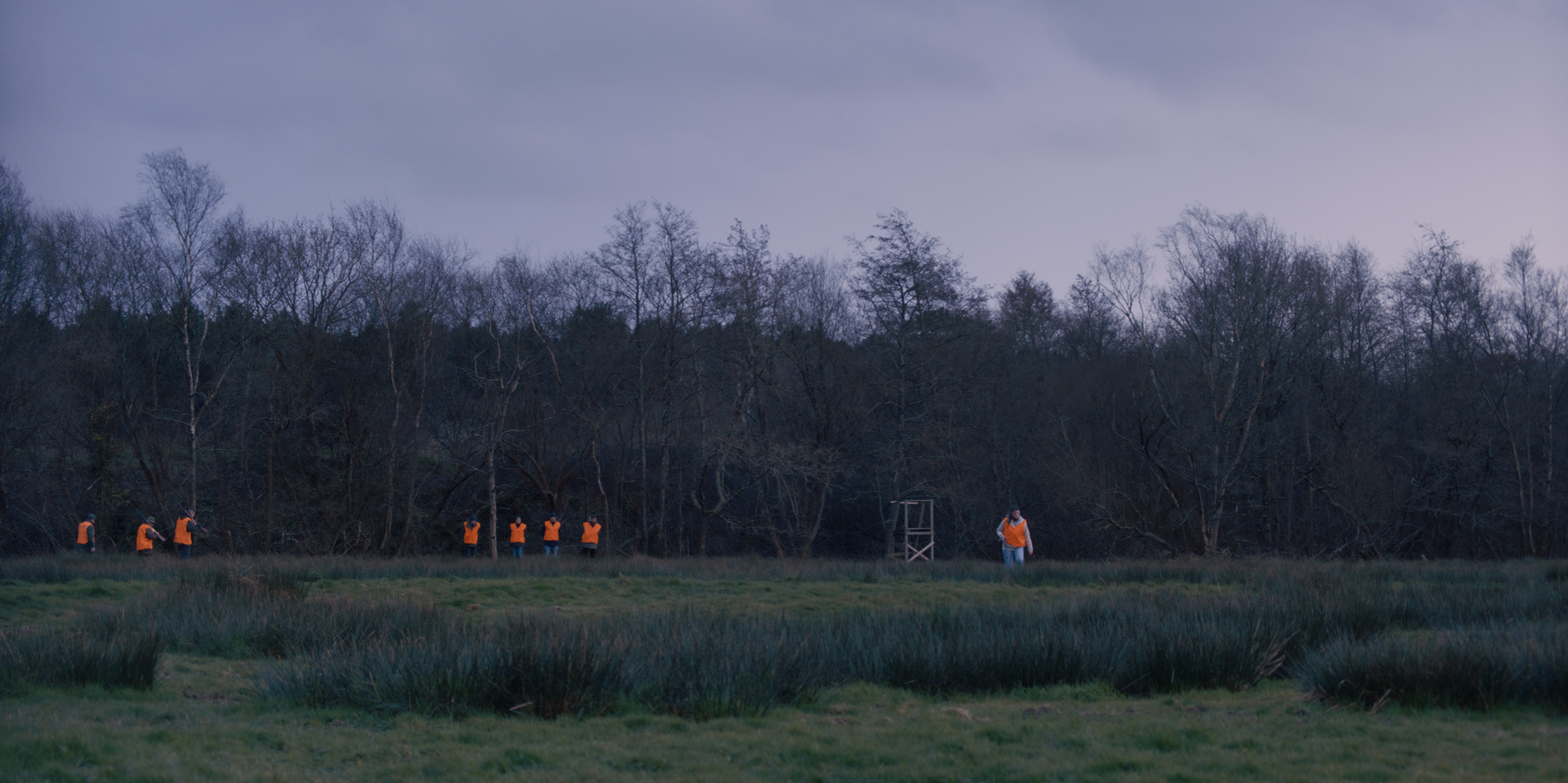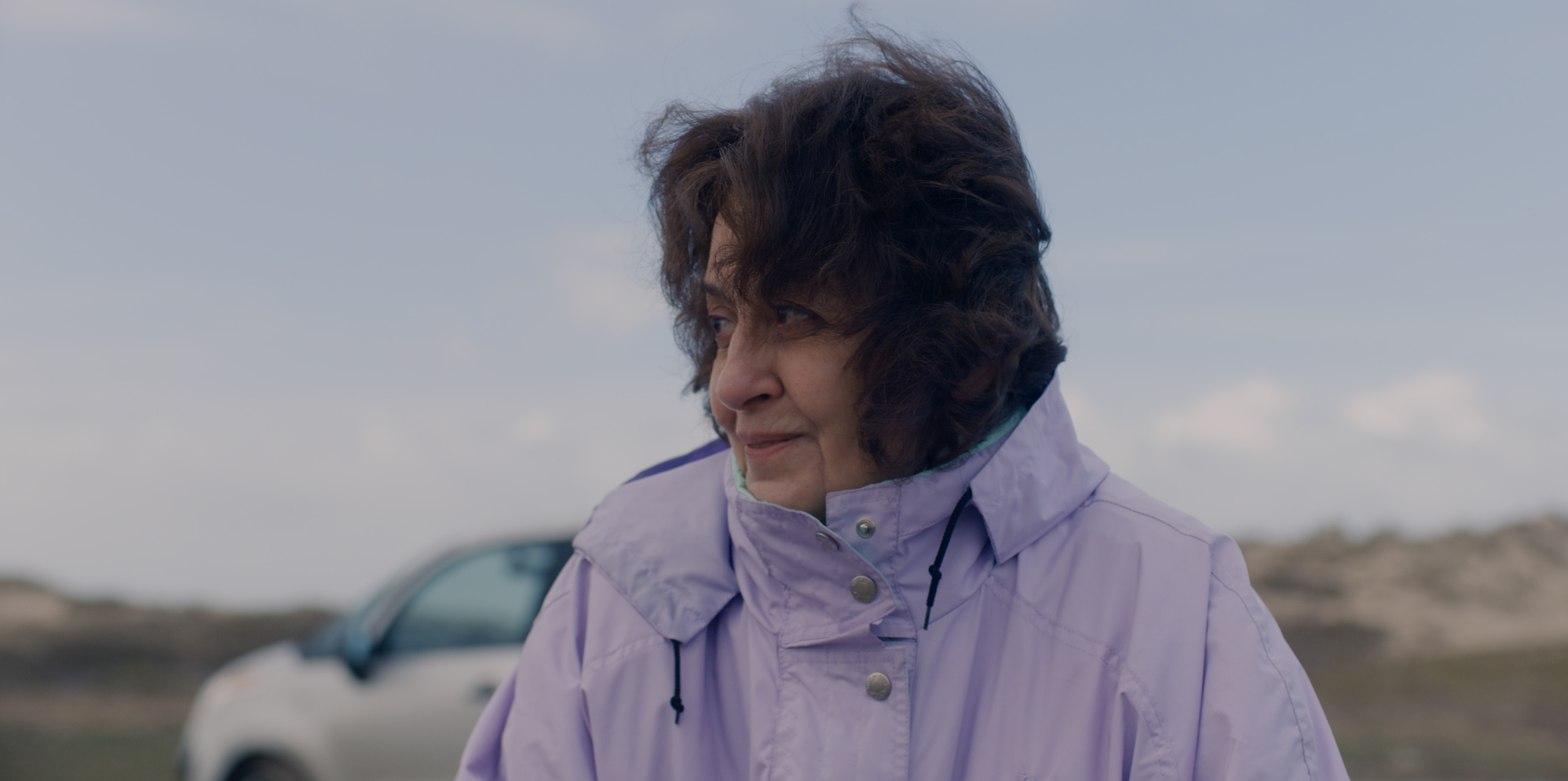Lunch avec L’Homme à la Mercedes pourpre
Entretien avec Marine Levéel, réalisatrice de L’Homme à la Mercedes pourpre
 D’où vous est venue l’idée du personnage de Annie et que souhaitiez-vous explorer à travers son histoire et sa relation avec sa fille ?
D’où vous est venue l’idée du personnage de Annie et que souhaitiez-vous explorer à travers son histoire et sa relation avec sa fille ?
Le personnage d’Annie est né de l’observation de plusieurs personnes que je connais, qui sont de générations qui me précèdent. En les fréquentant, j’ai eu envie de parler de la complexité de ce qu’engendrent les abus sexuels tout au long d’une vie, mais aussi de comment la douleur se transmet dans une famille. En comprenant le parcours de ces femmes victimes de violences dans des environnements sourds à toute écoute, j’ai aussi été frappée par leur force de survie et les formes de défense mises en place pour échapper à la destruction. En ce sens, Annie a un mental très développé et le film épouse son point de vue de manière très intériorisée, au plus près de sa psyché. Enfin, j’ai essayé aussi de retranscrire la très grande pulsion de vie qui anime ces femmes, qui s’exprime par le rire, l’amour et les liens forts, et qui me touche profondément.


Tous les décors sont des lieux de mon enfance auxquels je suis attachée. Dans le film certains paysages sont le prolongement du mental du personnage. Ils permettent à la pensée de se dérouler, aux corps de s’y glisser. Mais le paysage n’est pas seulement matière à contemplation. D’autres paysages sont marqués par la domination de l’Homme, des chasseurs notamment, et apparaissent plus hostiles, lieux d’un théâtre inquiétant. La chasse dans le film est une forme de transmission de la violence que Natacha, la fille d’Annie, a absorbée et qu’elle n’a pas encore conscientisée. C’est un milieu que je connais bien, puisque mon père est chasseur et m’a appris beaucoup de choses, notamment sur les oiseaux mais c’est aussi un milieu qui m’a souvent terrifiée.

J’ai travaillé avec Judith Chalier avec qui je collabore pour la deuxième fois. J’aime beaucoup son approche, presque maïeutique. Avec Judith, on cherche avant tout à révéler un personnage et nous parlons beaucoup du rôle et de ce qu’il raconte en amont, ce qui nous amène au final à rencontrer très peu de comédien·ne·s, car nous affinons au maximum nos certitudes. Nous avons contacté Dominique Valadié, et nous avons rencontré deux actrices pour le rôle de Natacha afin de former le duo mère/fille. Les seconds rôles sont des ami·e·s. du coin que j’aime beaucoup.


Je suis arrivée là progressivement. J’ai d’abord étudié aux Beaux-Arts où je me suis peu à peu orientée vers le récit en utilisant la sculpture, la photographie et la vidéo. Comme j’ai toujours aimé écrire, je me suis tournée vers le cinéma pour affirmer ce penchant narratif et j’ai intégré l’ENSAV. J’ai ensuite travaillé sur des tournages tout en continuant à faire des projets, de façon de plus en plus professionnelle.

Beaucoup. Je citerais Jus de pastèque d’Irène Moray.

Le regard qu’il porte sur le monde.
Pour voir L’Homme à la Mercedes pourpre, rendez-vous aux séances de la compétition nationale F4.








